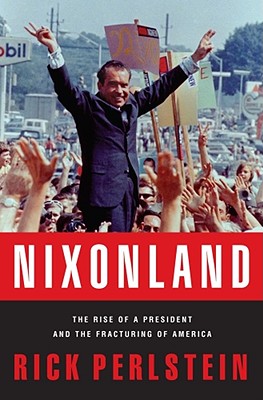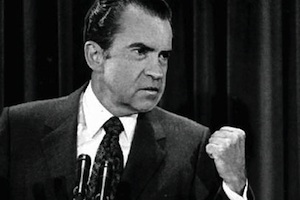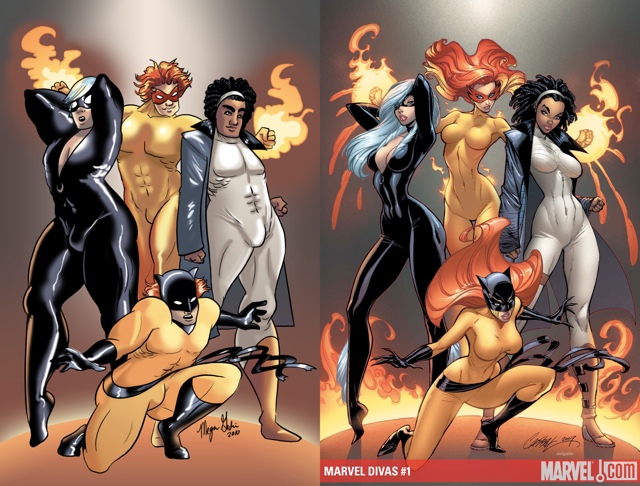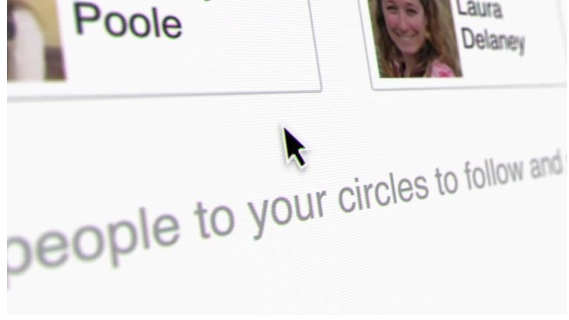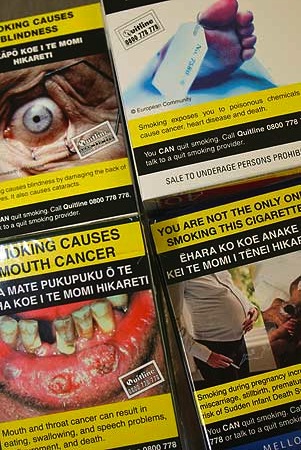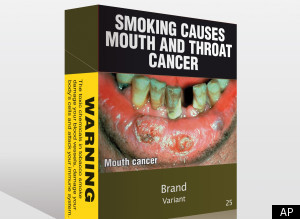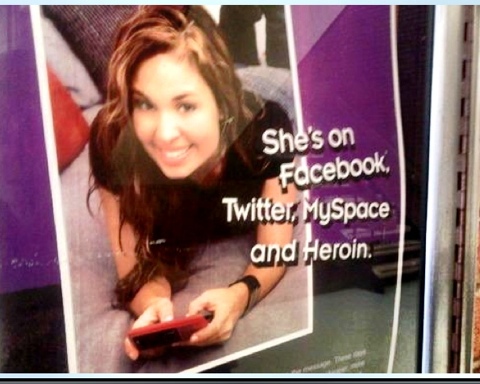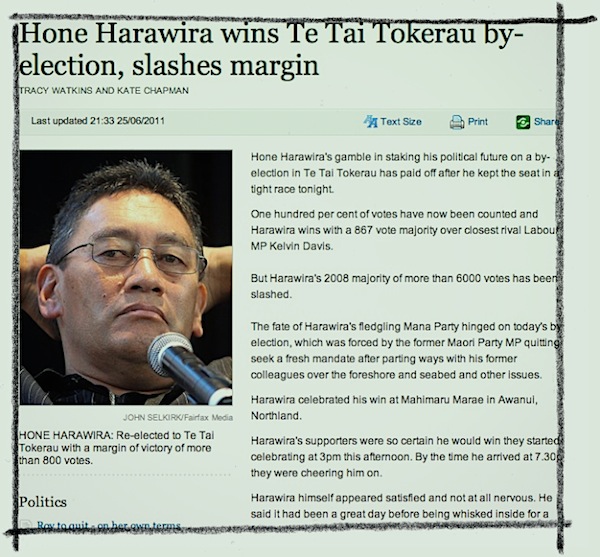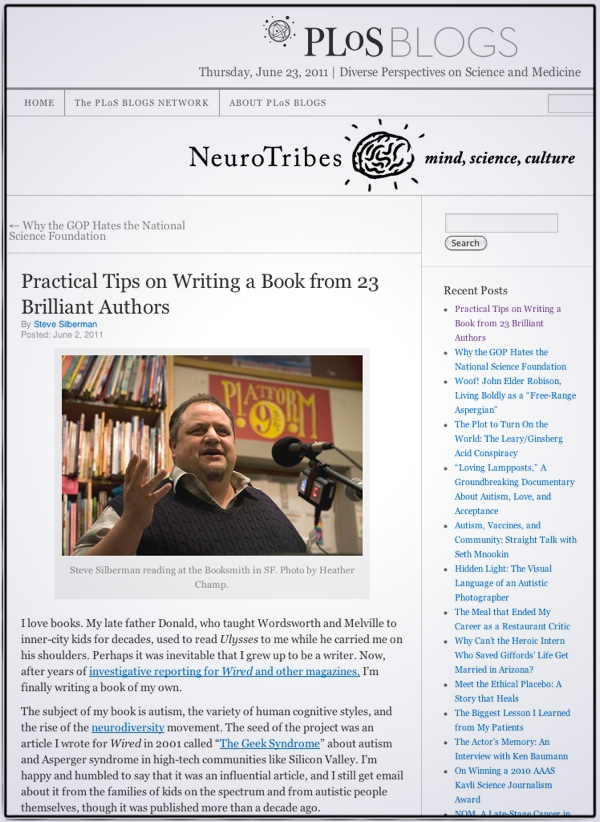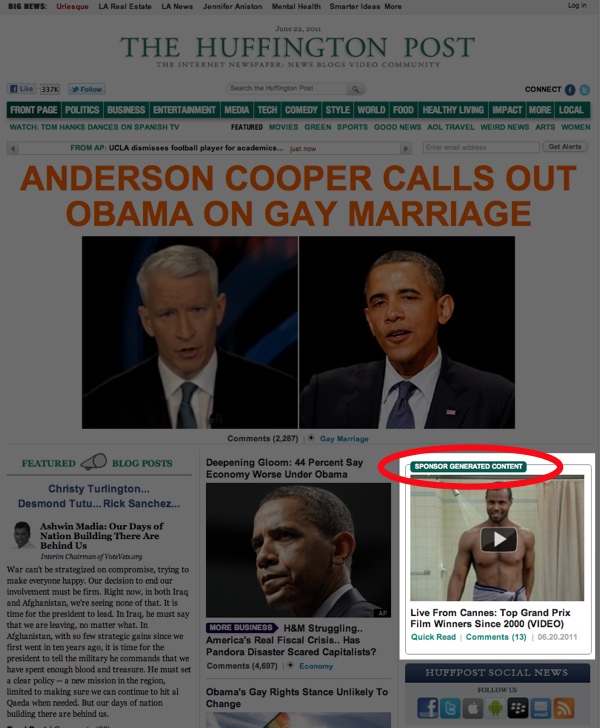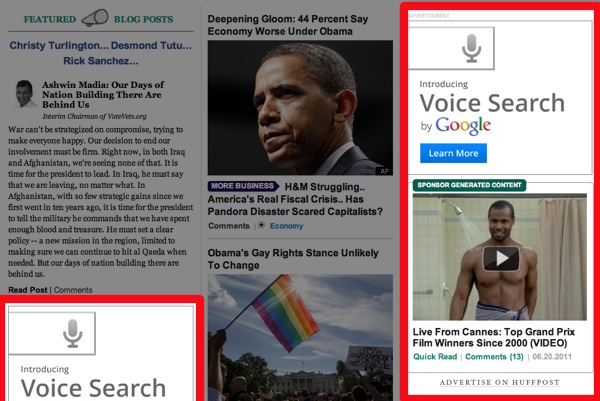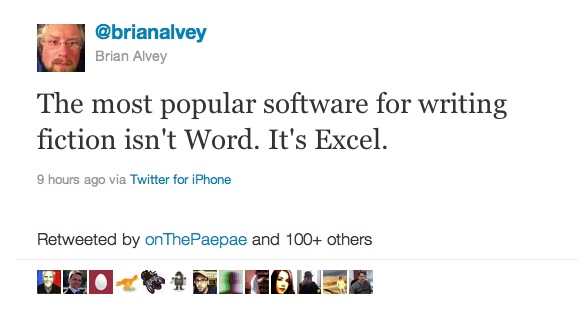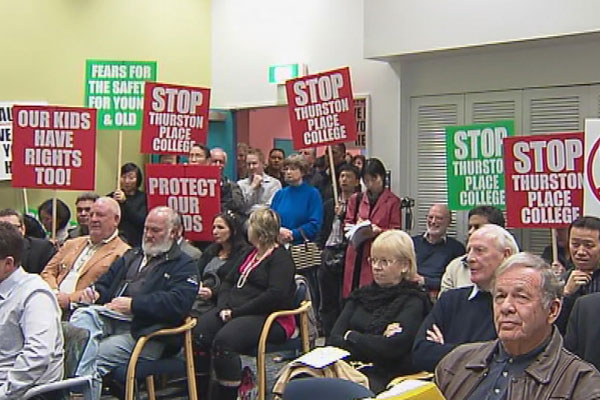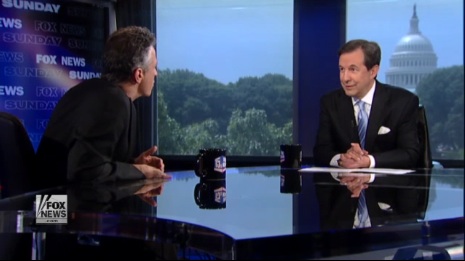Sometimes we’re caught by the law of unintended consequences … and sometimes we’re saved by it.
Righthaven is a law firm widely portrayed as copyright trolls trying to shake down bloggers and commenters for reproducing news stories published by Stephens Media. According to David Kravets in WIRED 20 June, ‘copyright litigation factory’ Righthaven has sued more than 200 websites, bloggers and commenters for copyright infringement. More than 100 have settled out of court.
Righthaven’s fortunes faced a big setback earlier this month when a US federal judge found that publishing an entire article without the rights holder’s authorization was a ‘fair use’ of the work.
Wow. I’ve had a little bit to do with copyright infringement litigation, pursuing some plagiarists for appropriating (i.e. reproducing and claiming as their own) material from several of my authors, one of my books and articles. The plagiarists’ ‘mistake’ was four-fold: (1) extensive word for word copying (2) total lack of attribution (3) bad choice of ‘victim’ and (4) badly mis-handling our request to them to put things right … thinking they could bully/brazen it out.
In their anguish/urgency to find some dirt — anything they could fling back as a ‘counter-suit’ — the defendants in our case first latched on a hare-brained ‘Contempt of Court’ allegation — even petitioning the Attorney General to intervene (desperate, huh?). That move provoked laughter in law offices in Auckland and Wellington (and more ka-ching! for the lawyers on all sides). Of course the AG declined to become involved.
Then, when reality set in and our case was settled (briefly discussed here in ‘Mr Phil Jones: re-heating cold horseshit’) the fabled fantasist tried to manufacture a ‘copyright infringement’ scandal of his own, alleging that some fully-attributed, acknowledged extracts/references to another author’s work in a book I published amounted to the very same ‘sin’ of which I’d accused Richmastery. (The creaky old ‘Peter is such a hypocrite!’ defence.)
Again, desperate, huh? The attributed inclusion was ‘fair use’ for the purposes of criticism and review, the author in question and his publishers apparently felt, which totally made sense — it consisted of less than 300 words … 22 of which were his name (eight times!), the book title, and the publisher’s firm, if I recall).
All that is background to my comments about today’s new development in Righthaven’s ‘copyright infringement’ case.
Don’t tell lies
The finding referred to above, about publishing an entire article in the context of promoting discussion on the web qualified as ‘fair use’ is huge. Further, U.S. District Judge Philip Pro’s finding that Righthaven did not produce any evidence that the market for the original article was ‘harmed’ by that non-commercial use (so ‘fair use’) is also significant. It’s not enough to prove attributed copying is copying, where’s the commercial ‘harm’? Continue reading →



